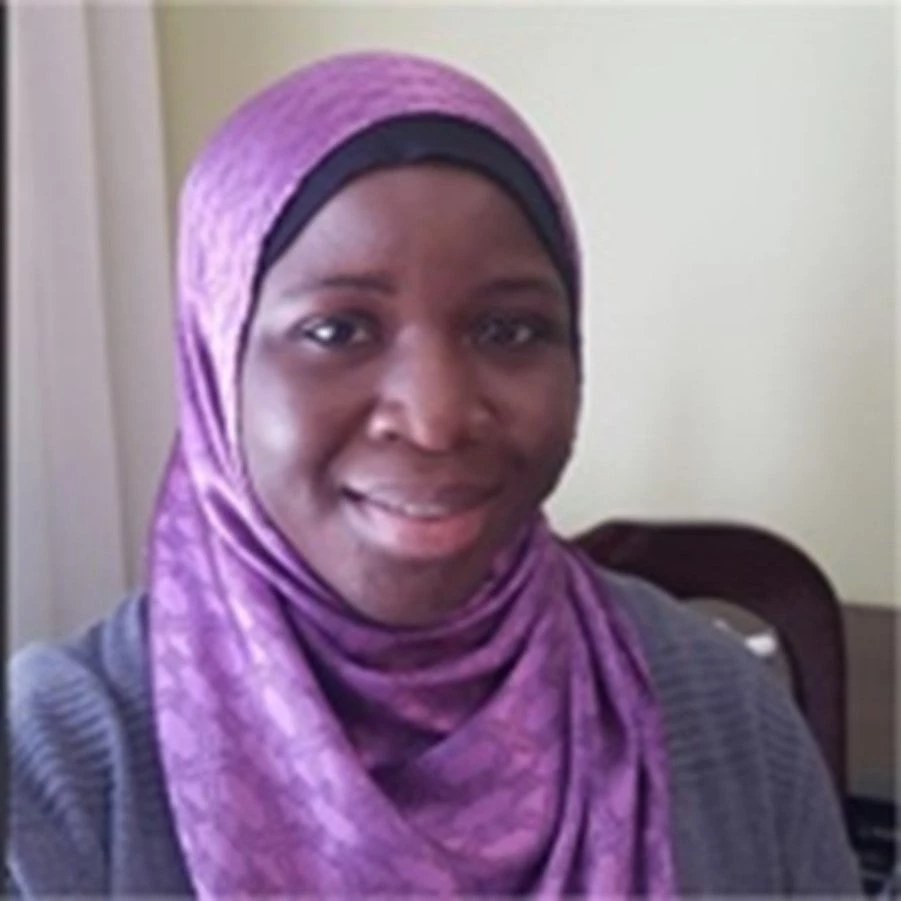The one million residents of Sierra Leone’s capital, Freetown, had been almost completely dependent on informal public transport services. People use Poda Poda, 12–15-seater minibuses; saloon car shared taxis; two-wheel motorcycles, called Okada; and Keke, three-wheeler taxis.
Passenger demand share among these operators is about 30, 27, 20, and 15 percent respectively, according to a World Bank diagnostic in 2018. Sierra Leone Road Transport Corporation (SLRTC), a state-owned bus company, accounted for the remaining mode share.
A vulnerable transport system
SLRTC services were declining due to regulated low fares, increasing fuel costs, and low productivity. Subsidies became unsustainable, which led to the near collapse of the SLRTC’s bus services. As a result, the informal market took over and filled the gap. It gained dominance because the public sector didn’t have the capacity to regulate supply and enforce licensing regimes. Weak barriers to market entry and overlapping institutional mandates didn’t help.
Informal transport operators served an essential need, but they were also problematic. In addition to the low individual capacity of the minibuses and taxis causing an influx of vehicles on the road, the irregular stops made by informal operators worsened traffic and congestion. Increased traffic triggered road safety issues in Freetown, with crashes causing more than 16 deaths per 100,000 people and rising.
Topping it off, many of the vehicles were old, contributing to GHG emissions and adverse health impacts. Over the past decade, increasing urbanization in Freetown has caused the population and the number of vehicles to double, imposing additional pressures on the road network.
Improving transport services
To overcome these challenges, the Government launched the Integrated and Resilient Urban Mobility Project (IRUMP) in 2019, through the Ministry of Transport and Aviation and with financing from the World Bank. Since then, IRUMP achieved the following:
- Institutional transformation: The Parliament set up the Public Transport Act in 2023. This established a comprehensive planning and regulatory institution that separates policy setting, planning, and regulatory functions from operational responsibilities. Following this, the Sierra Leone Public Transport Authority (SLPTA) was created to plan, monitor, oversee, and ensure formalization of public transport operations.
- Industry reform: Informal transport operators were required to merge into companies to run a bus network along defined route. As a result, operators transformed their informal operations for shares in a formal operating company in May 2023 and became known as the Metro Transport Company Limited (MTCL). The company was supported with a start-up fleet of 50 buses for a pilot operation along two corridors in Freetown.
- Creating an enabling environment: IRUMP financed a strategic, resilient infrastructure investment for an efficient bus operation, including spot improvement on eight kilometer roads for protection against flooding, 77 bus shelters, five pedestrian bridges, bus priority measures, and an integrated ticketing system, among others. It also established a passenger information system and a control centre to manage MTCL buses.
Moving people faster and safer
IRUMP additionally supported the development of a comprehensive traffic management plan, which has led to improvements in traffic flow and a safer environment for pedestrians. It includes regulations for managing street vendors, unauthorized parking, pedestrian crossings, dedicated bus lanes during peak hours, and more.
The interventions led to fewer small vehicles on Freetown’s streets. Replacing low-capacity rides with fewer larger capacities buses has improved vehicular flow and will reduce GHG emissions.
Fewer vehicles on the roads also improves congestion and reduces travel time. Vehicles now spend less time stopped in traffic and the average speed has increased from 11 kph to 15 kph. For passengers, this means shorter waiting times and more comfortable rides. The MTCL buses are nicknamed “WAKA FINE” for moving people faster and safer. On average, passengers save 20-30 minutes traveling on the “WAKA FINE” buses compared to the conventional services.
Looking forward
Although there is still a long way to go in transforming the public transport services in Sierra Leone, reforms supported under IRUMP exemplify the gradual and phased approach to introducing a coordinated and well-regulated public transport services in a growing city. As many other cities in sub-Saharan Africa are grappling with similar challenges, it is hoped that the Freetown experience can lay the groundwork and develop the building blocks for transformation in urban mobility elsewhere.






Join the Conversation